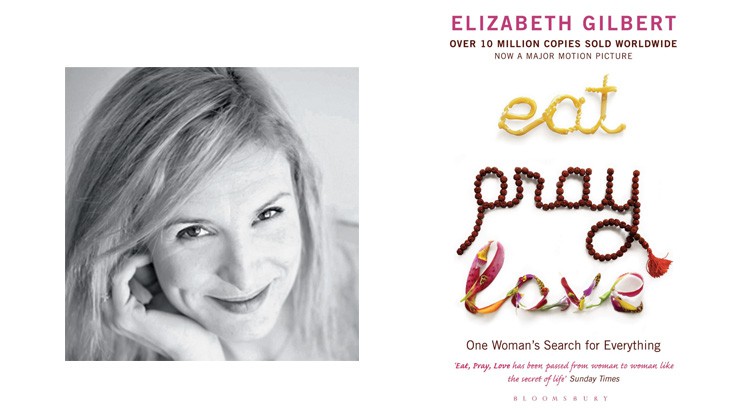Bibliotherapy: Could books be used as prescription?
mis à jour le 6 October 2015 à 22:28
'Read to get better', that's the principle of bibliotherapy. In Anglo-Saxon origin, this practice is growing worldwide.
"I don't prescribe medication, but books!" laughs Parisian cognitive-behavioral therapist Audrey Akun. "They don't cure the way a magic wand would but are very good mediators. Patients read the book I recommend to them, then we talk about it during the appointments to find out what affected them and explore all the options from the author, etc. These readings often help to put words to their feelings and make them realise they are not alone in living through a depression or family difficulties. These books sometimes lead to awareness." In Anglo-Saxon origin, the concept of bibliotherapy made its way into the French medical environment. In 2009, Dr Pierre-André Bonnet published the first thesis on the subject*. The figures of the survey, conducted among general practitioners, are significant: 53% of them had already recommended a book during a consultation and 73% agreed in saying that reading could be a good care tool. Personal development books, novels, philosophical essays, life stories, poetry, biographies...
*Bibliotherapy in General Medicine, University of the Mediterranean - Aix-Marseille II (2009). Emilie
THE THERAPEUTIC POWER OF THE BOOK
In a few years, reading has become a curative leisure, well beyond medical offices. Some have made it their specialty such as Emilie Devienne, who has been offering sessions on bibliocoaching during which she advises personalised readings according to the tastes and needs of each.
Author Régine Detambel animates his side training in 'creative bibliotherapy' for booksellers, care workers, librarians, teachers, etc.* The goal? Give them the keys to lead a workshop, either in a nursing home or in a school. "Beyond the plot, it is the rhythm, musicality of their sentences, the order of their syntax, the sensual touch of the paper books that soothe us," insists the novelist for whom fiction "is able to rescue us from ourselves and our suffering."
On his blog*, Nathalie Cailteux lists precisely the 'initiatory beneficent narratives', of 'novel sweets' to feel better and others for perspective. She realised a thematic classification: against loneliness, Italian shoes, Henning Mankell; to recover from a sentimental disappointment, Trees Dont grow to the Sky, Marianne Rubinstein; to overcome grief, the poem Like a Sailboat, William Blake; to accept to age, The Hundred-year-old Man Who Climbed Out the Window and Disappeared, Jonas Jonasson...
But the books are also a way for some doctors to get to know their patients. "I always ask them the works that changed their lives and what they are reading," says Professor Michel Lejoyeux, Chief of Psychiatry and Addiction at the France Bichat Hospital. Their readings are a gateway to their emotions. This is an area where they are not in the holding or defensive. "Tell me what you read, I'll tell you who you are."
Fabienne Broucaret and Nur Syazana H.



